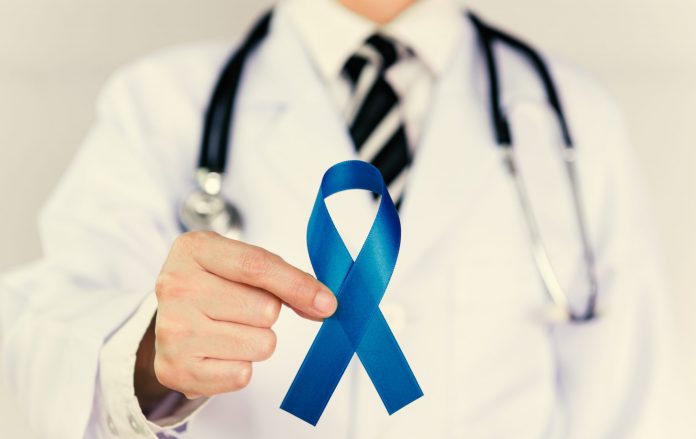Research published in BMJ Open and BMJ Primary Care reveals that younger people with bowel cancer symptoms (particularly those aged 25-44) can spend from 3 months to 5 years before getting a diagnosis.
In fact, according to Bowel Cancer Australia, despite an increase in bowel cancer incidence rates among adolescents and young adults over the past three decades, young age remains a perceived barrier to bowel cancer diagnosis.
“Young people with bowel cancer say the same thing the world over. Because they are young, they are overlooked for bowel cancer,” says the chief investigator of the research, Dr Klay Lamprell from the Australian Institute of Health Innovation, Macquarie University.
“Even when younger people experience blood in their poo or rectal bleeding, GPs may not immediately refer them to specialists for further testing.”
Early-onset bowel cancer patients differ from later-onset bowel cancer patients in their diagnostic trajectories – the time to diagnosis can be 60% longer with a greater number of missed diagnostic opportunities, and younger people are more likely to be diagnosed in the later stages of the disease.
Late-stage diagnosis increases the likelihood of aggressive treatment with physical, psychosocial, and quality-of-life outcomes that are uniquely challenging for this under-50 patient population, especially with regard to fertility and ostomy management.
“Patients perceive their GPs’ low suspicion of cancer given their age as an age bias that shapes the nature of clinical assessments, influences the investigations conducted and referrals that are given, and creates tensions which obstruct shared decision-making,” says Dr Lamprell.
Eventual referrals and lengthy wait times for non-urgent colonoscopies were also a common theme of delayed diagnosis and a cause of patient dissatisfaction with GPs.
“Young people seeking diagnosis are also challenged by limited clinical awareness of early-onset bowel cancer,” says Dr Lamprell.
“Our research concludes that with the rising global incidence of bowel cancer in people aged under 50, there is a mounting imperative for GPs to receive more information and clinical guidance on early-onset bowel cancer diagnosis.”
Patients under 50 years have an increased risk of developing bowel cancer when they experience one or more symptoms of abdominal pain, rectal bleeding, diarrhea, and iron deficiency anaemia between 3 months and 2 years prior to diagnosis.
“Younger people need to be aware of, and act on, these potential signs and symptoms and have them investigated so as to rule out bowel cancer as an underlying cause,” says Bowel Cancer Australia CEO, Julien Wiggins.
“1-in-10 new bowel cancer cases now occur in people under age 50.
“Over the past three decades, there has been a 266% increase in bowel cancer incidence rates in adolescents and young adults (15-24 years).”
For more information, visit: bowelcanceraustralia.org.










